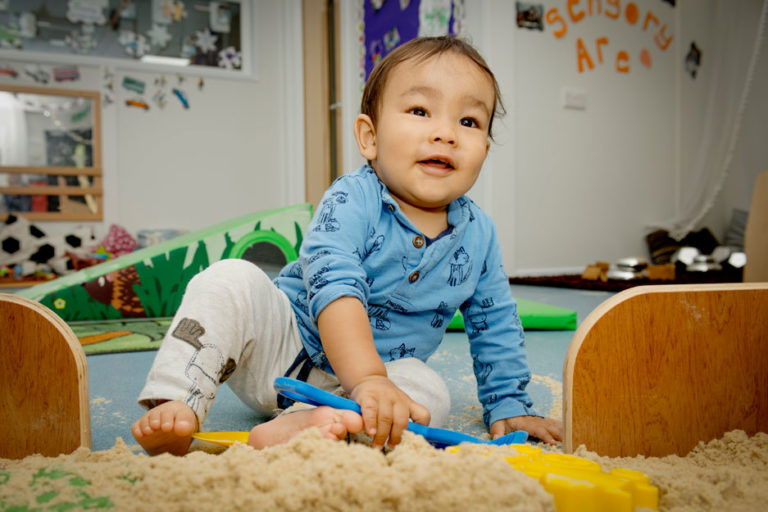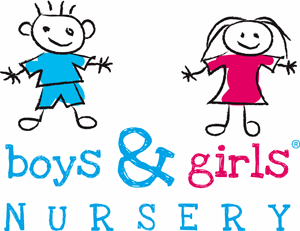Blog - Nursery Talk

The Importance of socialisation in early years
Deciding when to send your child to nursery is one of the challenging decisions you will make as a parent and there are many factors that will determine when the time is right for you and your family. For some, work commitments mean the decision is made during maternity leave, for others, childcare can be managed at home or with the help of family members and friends to begin with.
However, attending a nursery setting from an early age brings so many benefits to a child’s development even when childcare is not a crucial factor.
What is attachment and why is it important in young children?
Attachment refers to the emotional relationship and bonds young children have with their parents and other carers such as key people at nursery. Solid emotional attachments to a key person helps children feel secure and safe, allowing them to try out new things and become more independent. Secure attachments allow children the foundation necessary to explore and learn and the security to do so. Children with strong early attachments tend to engage more in pretend play and maintain attention for longer.
The role of a key person at nursery is an important one for ensuring early attachments are formed. They are responsible for responding sensitively to individual feelings and behaviours, as well as meeting emotional needs by giving reassurance and support. They are an accessible, familiar figure for both child and parents.
Developing social skills and making new friends
Crucial social skills are learnt in a nursery setting. Babies benefit from being around children of similar ages, learning to navigate new environments and develop social interactions. Babies tend to participate in “parallel play” to begin with, meaning they play alongside one another as direct interactions develop in older years.
Social skills developed within a nursery setting include:
- Taking turns
- Listening to others
- Communicating feelings and opinions
- Interacting with other adults and children
- Developing a greater understanding of other people’s feelings and empathy
A nursery environment allows these emerging skills to be put into practice, providing the perfect opportunity to begin forging first friendships. Familiar faces and awareness of each other allows early connections to be established.
Building confidence and self esteem
Being away from primary care givers, even for short periods of time, provides an opportunity for young children to be independent and teaches versatility as they adapt to different social situations. This early independence helps nurture a child’s confidence and self-esteem as they freely explore life outside the family unit and helps provide a foundation for later life skills.
Preparation for school
Nursery provides children with a routine and sense of belonging whilst promoting the core skills needed for school. Building confidence, learning how to work alongside others and being part of a community are all vital skills that are learnt at nursery and developed for years to come.
Parental well-being
There is also the difference in how many parents feel after their baby has settled into nursery life to consider. Spending time away from their young baby can be overwhelming to begin with, but after a while many parents begin to feel more relaxed, and feel they spend quality time with their little one after having a break.
We have highlighted some of the benefits of attending nursery from an early age for both child and parent. Whatever your choice, we hope your family enjoy the exciting journey ahead of parenthood.

